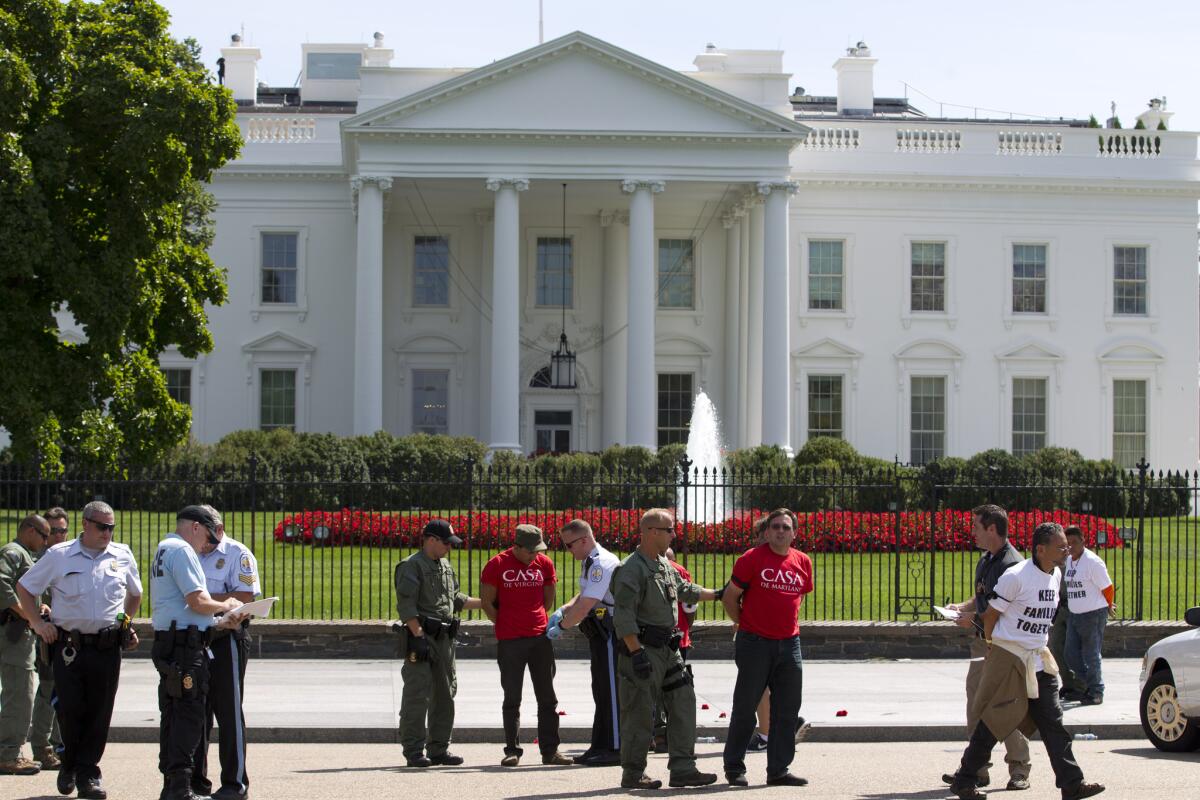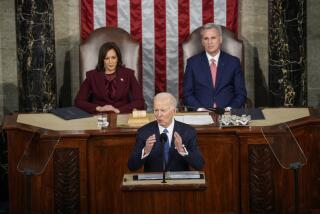Would immigration action help or hurt Obama’s party this fall?

One question that Washington appears unable to easily answer is whether President Obama’s intention to use executive action to change immigration law would help or hurt his party in the midterm election.
At the moment, the conventional wisdom is of two minds.
On one hand is the concern being raised by politically endangered Democratic senators, those from conservative and mostly Southern states who are at risk of losing their elections this fall.
Any move by the president, the red-state theory goes, would spark Republican opposition, and propel conservative voters to the polls in places that are already tough climbs for Democrats.
The president’s party is in danger of losing its majority in the Senate if Republicans net six seats in November, and Democratic Sens. Mark Pryor in Arkansas, Mary Landrieu in Louisiana, Kay Hagan in North Carolina and Mark Begich in Alaska have all stated loud and clear that Congress, not the president, should change immigration law.
“The president is wrongly using executive orders,” said Alison Lundergan Grimes, the Democrat challenging the Senate Republican leader, Mitch McConnell of Kentucky.
At the same time, others argue that providing reforms to a broken immigration system could energize Democrats to turn out, especially in a state like Colorado with a robust Latino population, and where Democratic Sen. Mark Udall is in a tight race.
And then there is yet another theory: the idea that Republican opposition to immigration action would be so strong against the president that Democrats could portray their GOP opponents as extreme or out of touch -- as has happened, for example, when Rep. Steve King (R-Iowa) suggested that young immigrants were drug mules with cantaloupe-sized calves or when Mitt Romney, the former presidential candidate, said immigrants here illegally should simply “self deport.”
Already, some Republicans have suggested that if the president gives legal status to millions of immigrants, they would have little choice but to try to stop him in Congress, using the fall’s upcoming budget battle in a scenario that could cause a repeat last year’s government shutdown.
“Whatever he is doing will come under scrutiny,” said Dan Holler, a spokesman for Heritage Action, a conservative organization that is influential among congressional Republicans. “I think Congress is in a position where they would have to act. The American people would be demanding action.”
White House officials said last week the president may delay a decision on the more sweeping changes until after the election, and is considering a two-step process that first rolls out tightened enforcement.
With the decision influx, the calculations for candidates underscore the high stakes of the immigration debate.
Goading the Republican opposition to overreact may be a popular idea among political strategists, but it could prove a bit too dicey for Democratic candidates fighting for their political lives.
At the same time, a two-step process that begins with more modest reforms may end up as the worst of both worlds, saddling Democratic candidates with Republican attacks on presidential overreach without giving them the boost of decisive presidential action.
“The reality is, the Republican backlash has already started,” said Christina Jimenez, a co-founder and now managing director of United We Dream, the immigrant youth organization. “The president has nothing to lose and everything to gain.”
For the latest from Congress, follow @LisaMascaroinDC
More to Read
Start your day right
Sign up for Essential California for news, features and recommendations from the L.A. Times and beyond in your inbox six days a week.
You may occasionally receive promotional content from the Los Angeles Times.






